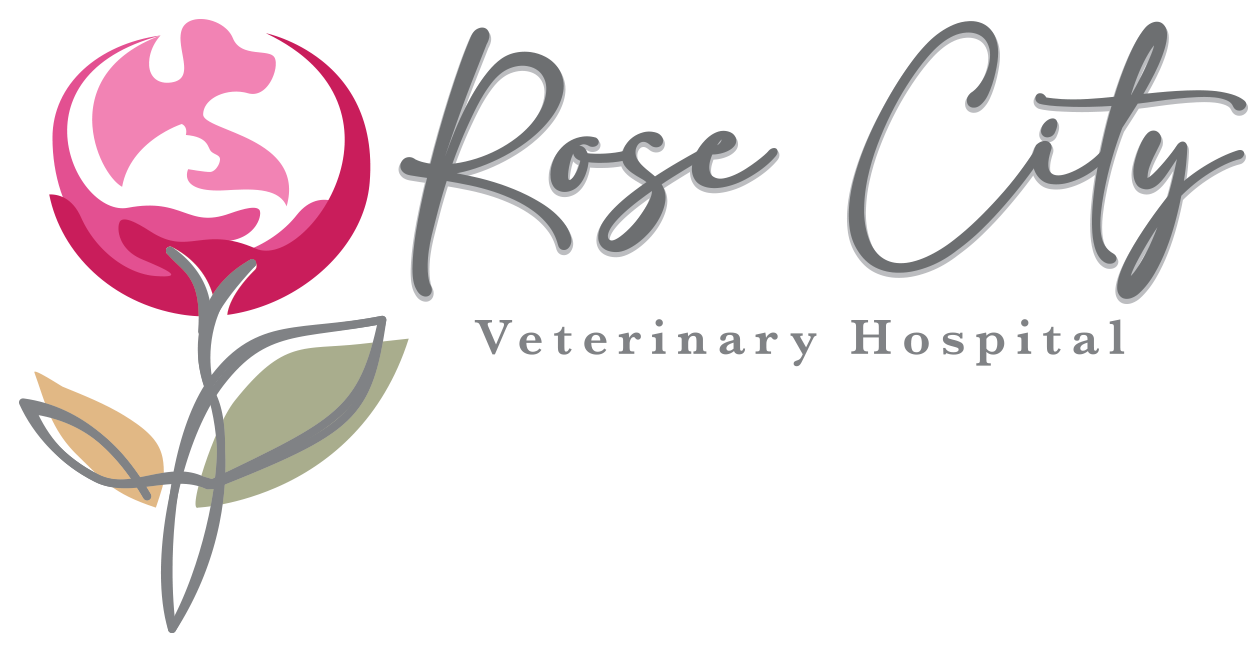Library
-
Afoxolaner + milbemycin oxime is a heartworm disease preventive that also treats certain internal parasites and controls fleas and ticks in dogs. It is also used off-label to treat mite infestations in dogs. Certain dog breeds are more sensitive to milbemycin oxime than others; your veterinarian will advise you on the safety of milbemycin oxime use in your dog.
-
Anaplasmosis is a tick-borne disease caused by the infectious bacterial organism Anaplasma phagocytophilum. It is transmitted through bites of the deer tick (also known as the black-legged tick) and the Western black-legged tick.
-
Atovaquone is given by mouth and is used off-label to treat protozoal infections. Give as directed. Side effects are uncommon but may include stomach upset or skin rash. Do not use in pets that are pregnant. If a negative reaction occurs, contact your veterinarian as soon as possible.
-
If they are well looked after, including proper diet and husbandry, bearded dragons are reasonably hardy animals. Common health conditions of pet bearded dragons include CANV, atadenovirus, metabolic bone disease, parasites, infectious stomatitis (mouth rot), and respiratory infections. Any change from normal is cause for concern and should be immediately evaluated by your veterinarian.
-
Capillaria is a small internal parasite, often less than half of a centimeter in length. They are closely related to intestinal worms, though they can live in a variety of locations within the body. Capillaria can affect both dogs and cats, although dogs are more frequently affected. Diagnosis can be difficult because the eggs of Capillaria are shed only on an intermittent basis. While the parasite is easily eliminated with a dewormer, your cat may require additional medications to decrease the inflammation associated with the infection.
-
Capillaria is a small internal parasite, often less than half of a centimeter in length. They are closely related to intestinal worms, though they can live in a variety of locations within the body. Diagnosis can be difficult because the eggs of Capillaria are shed only on an intermittent basis. While the parasite is easily eliminated with a dewormer, your dog may require additional medications to decrease the inflammation associated with the infection.
-
Cheyletiellosis is an uncommon but highly contagious skin parasite of dogs, cats, humans, and rabbits caused by Cheyletiella spp. mites. The most important clinical sign of cheyletiellosis is scaling or dandruff. Due to the large size of the skin mite, it is easily seen under a microscope set on low magnification. Cheyletiella mites are susceptible to most topical insecticides and the prognosis is excellent.
-
Coccidiosis is an intestinal tract infection caused by a single-celled organism (protozoa) called coccidia. Coccidia are microscopic parasites that live within the cells that line the intestine. The most common clinical sign of coccidiosis is diarrhea, but most cats have no clinical signs.
-
Coccidiosis is an intestinal tract infection caused by a single-celled organism (protozoa) called coccidia. Coccidia are microscopic parasites that live within the cells that line the intestine. The most common clinical sign of coccidiosis is diarrhea, but most dogs have no clinical signs.
-
Turtles may be affected by one of the following diseases: metabolic bone disease (MBD), vitamin A deficiency, respiratory diseases, abscesses, shell infections, shell fractures, and parasites. Improper diet, poor water filtration, and lack of UV light are contributing factors for many aquatic turtle diseases. Seek immediate veterinary care if your aquatic turtle shows any deviation from normal.




